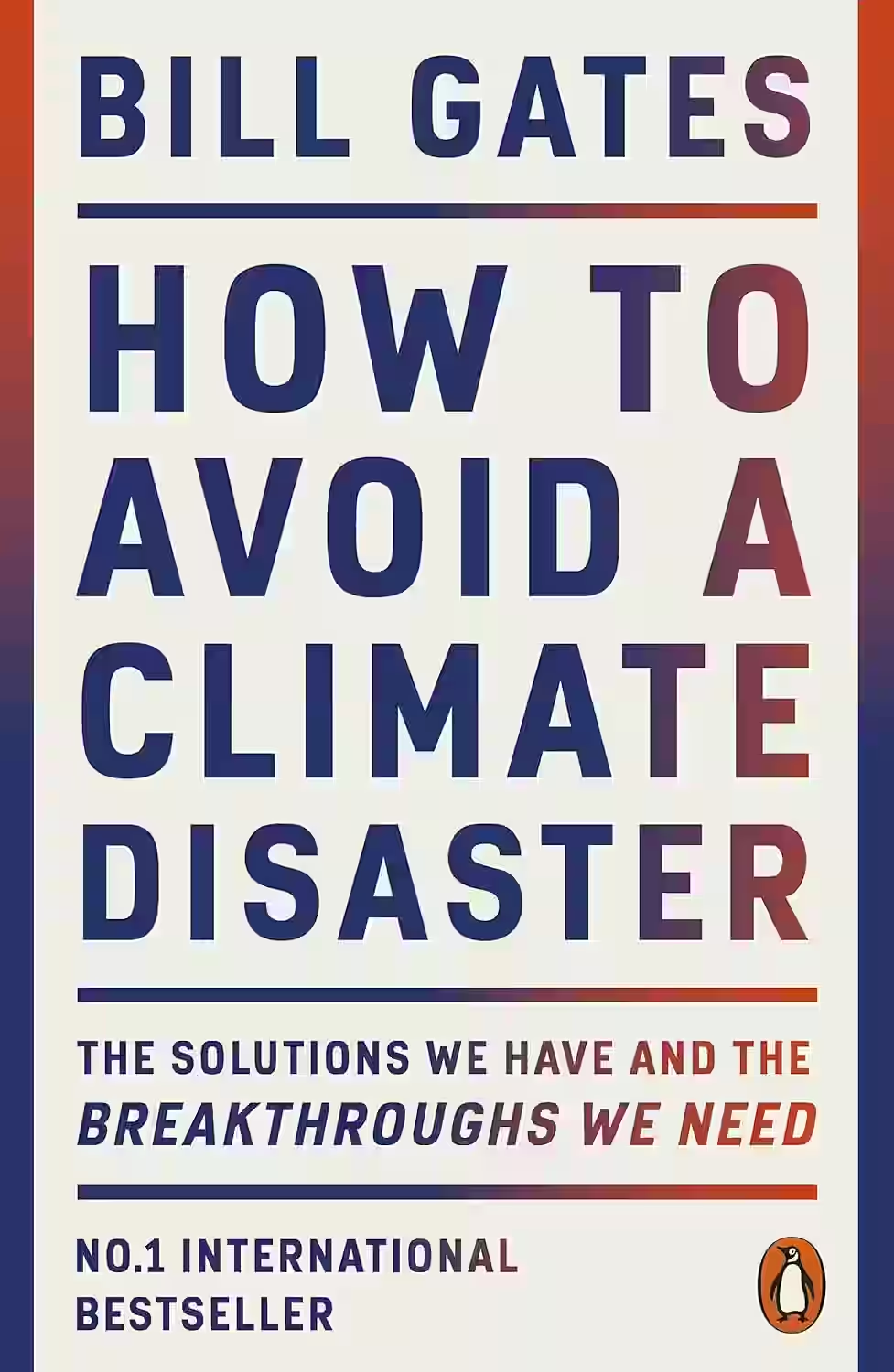
In this pragmatic and solutions-focused book, Bill Gates outlines a comprehensive plan to achieve net-zero greenhouse gas emissions and avoid the worst effects of climate change. Drawing from expert insights and his own investments in green technology, Gates explores how innovation in energy, manufacturing, transportation, and agriculture can help us decarbonize. He emphasizes the importance of global cooperation, public policy, and economic incentives to drive progress. Accessible and action-oriented, How to Avoid a Climate Disaster aims to inform readers and policymakers alike, offering optimism grounded in science and a roadmap for navigating one of humanity’s greatest challenges.
About Bill Gates
Co-founder of Microsoft, Bill Gates transformed personal computing and became one of the world's wealthiest individuals. Since stepping down from his active role at Microsoft, he has dedicated his efforts to philanthropy through the Bill & Melinda Gates Foundation. The foundation tackles critical global issues like poverty, disease eradication, and improving education, making Gates a leading figure in global health and development.
Similar Books
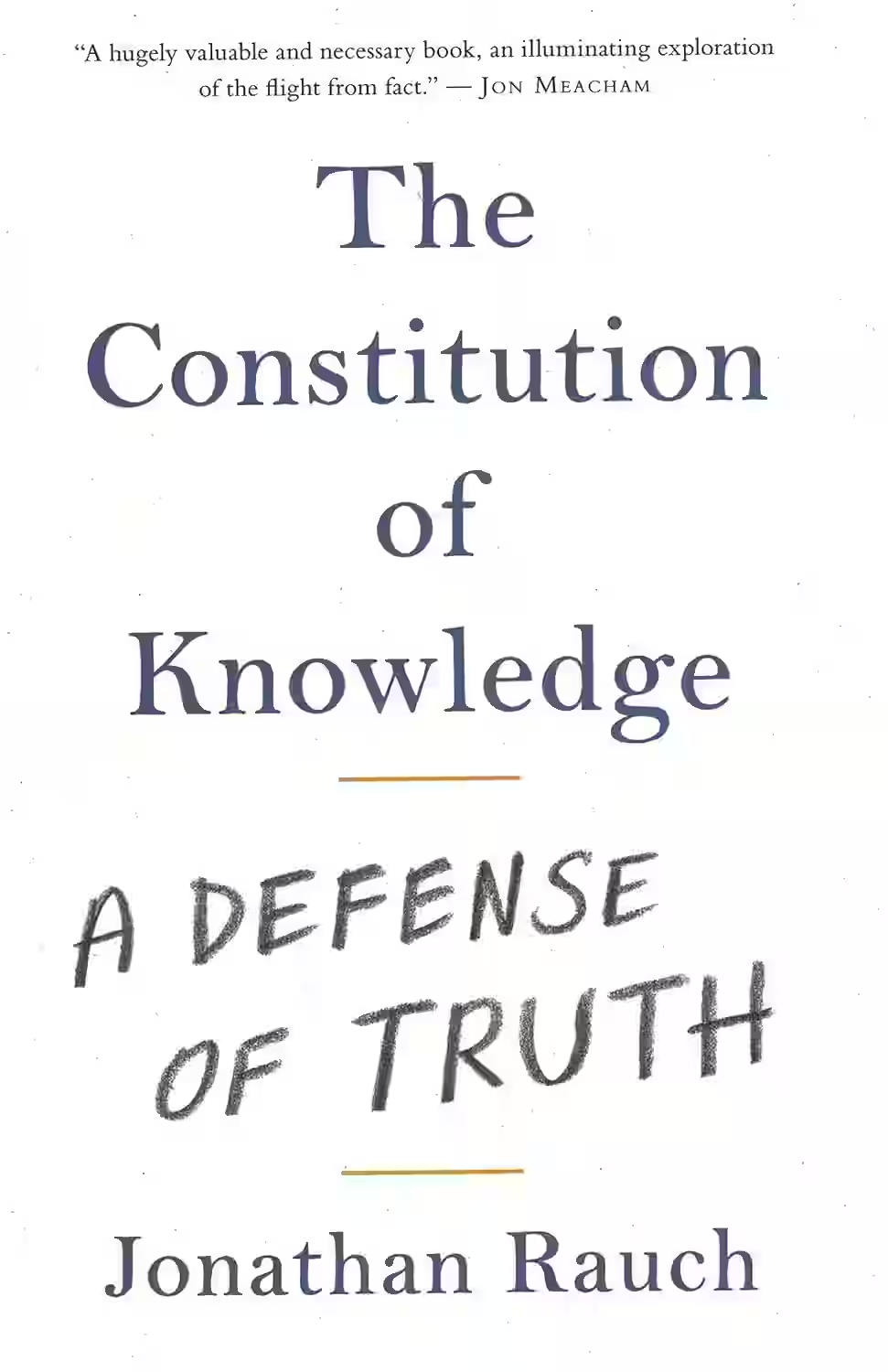
The Constitution of Knowledge
In The Constitution of Knowledge, Jonathan Rauch defends the epistemic institutions—science, journalism, academia—that uphold truth in democratic societies. He explores how norms like open debate, peer review, and fact-checking serve as a “constitution” governing the marketplace of ideas. Amid rising disinformation and tribal polarization, Rauch argues for preserving this knowledge system through free speech, tolerance, and intellectual humility. Blending political philosophy, history, and media studies, the book is both a defense and a roadmap for safeguarding truth in a digital age. It's an essential read for anyone concerned about democracy, truth, and the future of civil discourse.
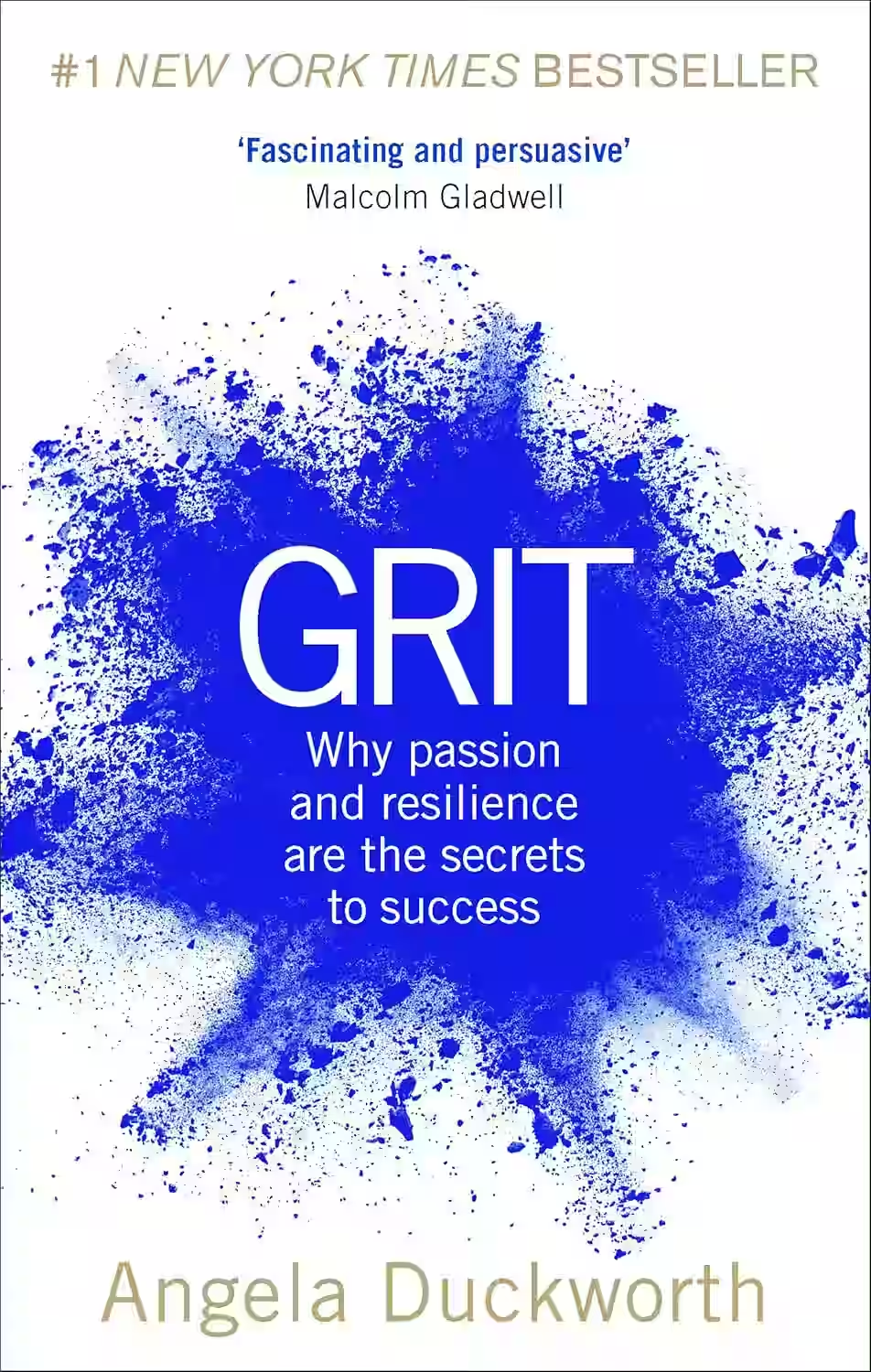
Grit
In Grit, psychologist Angela Duckworth explores why talent alone doesn’t predict success—grit does. Based on her research, Duckworth argues that sustained passion and persistent effort matter more than innate ability. She shares stories of high achievers from diverse fields, showing how resilience, long-term focus, and consistent hard work lead to exceptional outcomes. The book combines personal anecdotes, scientific studies, and practical strategies to help readers develop grit in their own lives. Duckworth’s insights challenge the myth of overnight success and inspire readers to pursue their goals with tenacity, regardless of obstacles or setbacks.
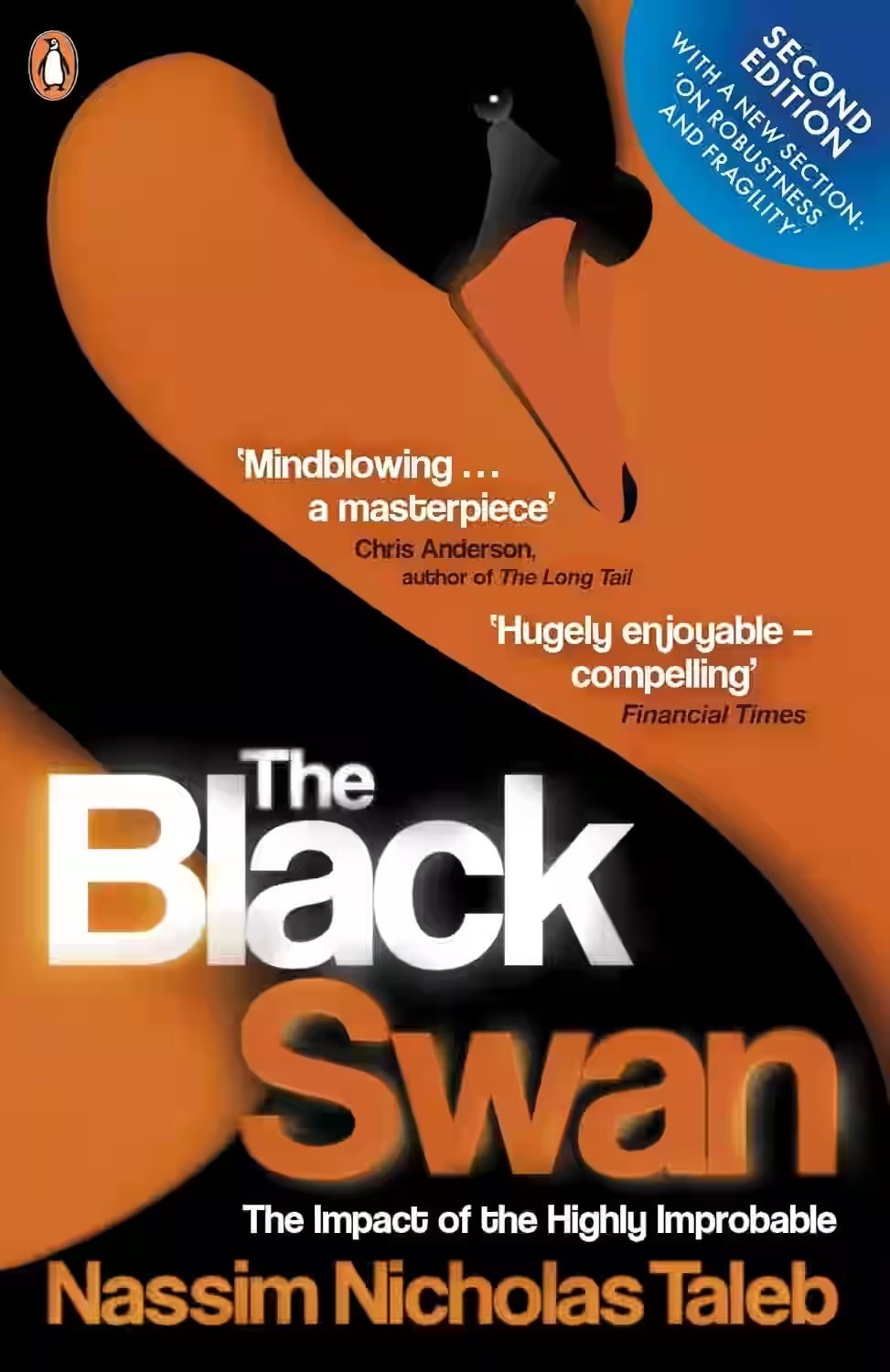
The Black Swan
Series: Incerto (#2)
The Black Swan explores the profound impact of rare, unpredictable events—what Taleb calls “Black Swans”—that lie outside normal expectations but have massive consequences. The book challenges traditional forecasting and risk models, arguing that humans consistently underestimate uncertainty. Taleb illustrates how randomness and surprise shape history, from financial markets to scientific breakthroughs, and advocates for antifragility—systems that benefit from disorder. Combining philosophy, probability theory, and anecdotal insight, The Black Swan is a provocative critique of modern thinking and a call to embrace humility in the face of complexity. It’s a transformative read for anyone making decisions in uncertain environments.
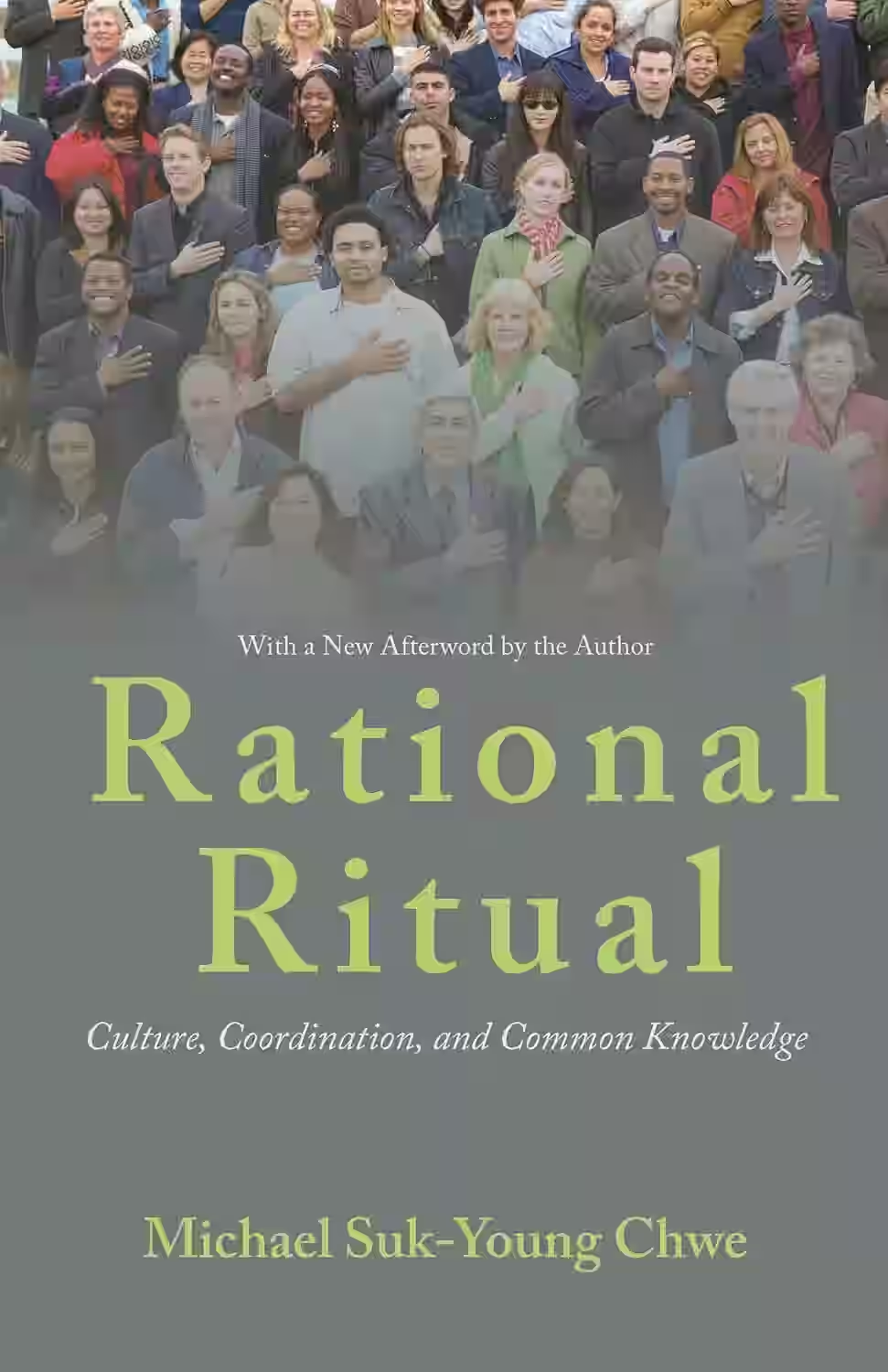
Rational Ritual
Rational Ritual explores how rituals—from presidential inaugurations to sports events—create common knowledge, a shared awareness that everyone knows everyone knows. Chwe, a game theorist, argues that these shared experiences are vital for coordination in society. By applying game theory to cultural rituals, he sheds light on why such practices persist and how they help societies function. The book offers unique insights into advertising, politics, and social networks. Zuckerberg recommended Rational Ritual for its relevance to online platforms, where creating and managing shared experiences is key. It’s an intellectually stimulating read for anyone interested in the intersection of culture and logic.